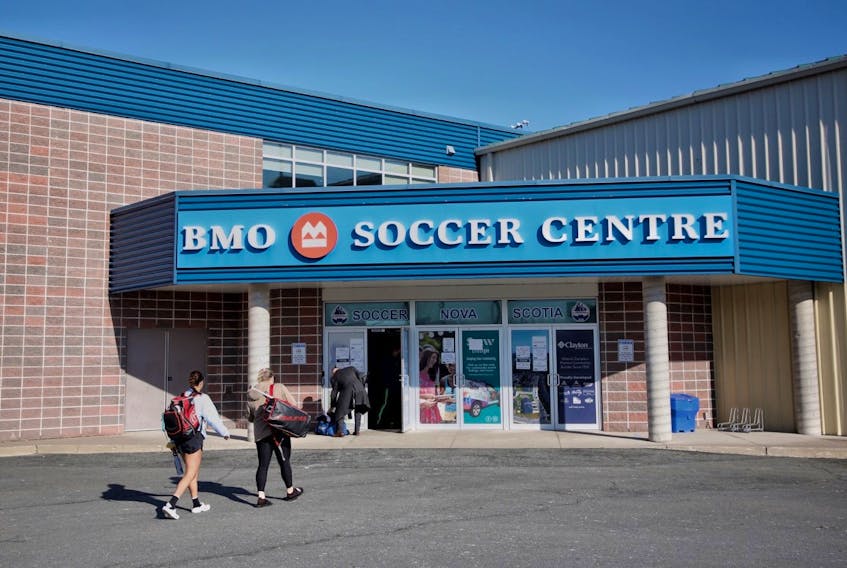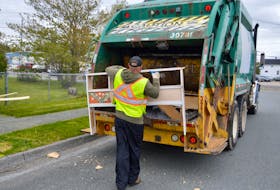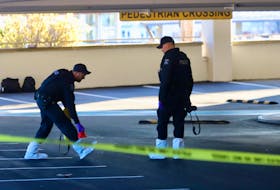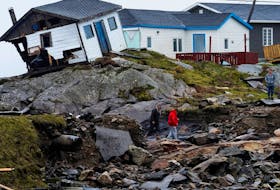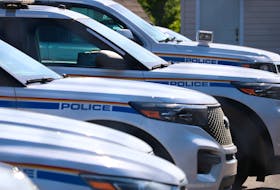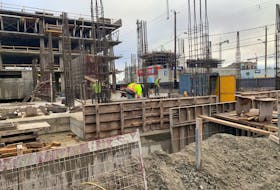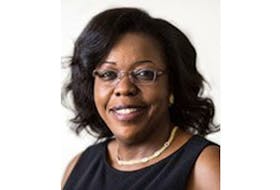Nova Scotia identified one new COVID-19 case on Sunday.
The case is a close contact to a previously reported case and is located in the province’s central zone, which includes Halifax, Eastern Shore, and Windsor-West Hants. There are now 16 active cases in Nova Scotia, compared to 20 reported on Sunday. The province is reporting four resolved cases on Monday.
At a news conference Monday, Premier Stephen McNeil said some of the cases are connected to travellers who came from outside the Atlantic bubble and self-isolated in a household with other people, exposing them to COVID-19.
"That stops today," said McNeil. "Effective immediately, if you're coming into our province from outside the Atlantic bubble, you must quarantine for 14 days alone."
If someone is self-isolating in a household where other people live, everyone in the household must isolate for 14 days, too.
"You don't go to work, you don't go to school, and you don't go to a grocery store, or a restaurant." he said. "By accepting people into your home from outside the Atlantic bubble without a 14-day isolation plan for them, you are subject to that quarantine."
The changes don't apply essential workes who are exempt from self-isolation, such as military, police, first responders, truckers, flight crews, and others. It also doesn't apply to rotational workers, specialized workers, and people attending a funeral or visiting an immediate family member who is nearing end of life. But the province is looking into tightening up restrictions for all travellers soon.

Clayton Park area cluster
Dr. Robert Strang, Nova Scotia's chief medical officer of health said nine of the 16 active cases in the province are related to a cluster in the Clayton Park area, which includes the Clayton Park Rockingham area, over to Kearney Lake Rd. between the Bedford basin and Highway 102, Bayers Lake and Lakeside.
Despite the increase in COVID-19 cases, Strang said there is no community spread. He also said that Nova Scotia is not experiencing a second wave of COVID-19.
None of the cases related to the cluster are school-aged, but Strang said there has been communication with the Department of Education that schools in the area may need to "enhance restrictions or go to a blended model." Whether that happens depends on the test results and number of cases in the coming days.
"We're just putting them on alert," he said.
Over the weekend, the Department of Health advised of potential exposure to COVID-19 at eight locations in downtown Halifax, Bayers Lake, Dartmouth and Bedford. The exposures are related to the cluster.
Anyone who was at three of these locations should call 811 and make an arrangement to get tested, whether they were symptomatic, or not. The locations and times are:
- All Nations Full Gospel Church (Worshiping at Saint Andrew's United Church, 6036 Coburg Road, Halifax) on Oct. 25 at 6:00 p.m.
- Montana's BBQ and Bar (196B Chain Lake Drive, Halifax) on Oct. 25 from 6:00 p.m. until closing
- The Bitter End Martini Bar & Restaurant (1572 Argyle St, Halifax) on Nov. 2 from 9 p.m until closing.
Strang said the advisories had not been communicated to 811 at some point during the weekend, but the issue has now been resolved. People who were at these locations and called 811 but were told they didn't need to get tested, should call again now.
To speed up access to testing, the Halifax Infirmary testing site is now dedicated specifically for people related to the three locations. Other people calling 811 are being diverted to other testing sites. Public Health is also working with the Mobile Outreach Street Health and the Emergency Health Services to set up mobile testing in the Clayton Park area. There are also plans to open a temporary primary assessment centre, if necessary.
Limit social interactions
Strang said one of the cases is related to someone who had symptoms but "still chose to go out and socialize." He added that is a reminder for Nova Scotians to adhere to public health measures, such as physical distancing, washing hands, wearing a mask, staying at home when sick, and practising good cough and sneeze etiquette.
"We are at a tipping point here in Nova Scotia," he said. "We all need to make changes if we're going to change our trajectory."
He added that now is the time to adhere to our close social bubble of ten people and stop non-essential travel.

New COVID-19 exposure advisories
The Nova Scotia Health Authority also announced Monday two new locations where exposure to COVID-19 might have happened:
- Sobeys (Mill Cove, 961 Bedford Hwy, Bedford) on Nov. 6 between 8 and 10 p.m.
- NSLC (Mill Cove, 955 Bedford Hwy, Bedford) on Nov. 6 between 8 and 9 p.m.
Anyone present at these locations during the times named is asked to monitor for symptoms of COVID-19, which could develop up to, and including, Nov. 20.
Strang said Public Health is facing challenges with contact tracing as people not being honest about their whereabouts.
"We're not here to judge. We're just here to help people," he said. "Our only priority is to contain the spread of the virus and we can only do that if people are honest with us about the details of where they might have been and who they've been in contact with."
Nova Scotia Health Authority's labs completed 658 Nova Scotia tests on Sunday. To date, There are 117,623 negative test results. But due to a technical issue, the "full number of completed tests and negative test results" from laboratories outside of the central zone is not included in these numbers. According to the Department of Health, numbers will be updated when the issue is resolved and the information is available.
As of Monday, Nova Scotia has had 1,129 positive COVID-19 cases and 65 deaths. No one is currently in hospital in relation to the virus.
Numbers from the Atlantic bubble
There are currently 24 active cases in New Brunswick. One new case was reported on Sunday, Nov. 8.
Newfoundland and Labrador reported one new case on Sunday, bringing the number of active cases to seven.
Prince Edward Island has two active cases as of Friday, after reporting two new cases related to travel outside Atlantic Canada.
COVID-19 symptoms
Anyone who is currently experiencing or has experienced within the last 48 hours one of the following symptoms should visit https://covid-self-assessment.novascotia.ca for a self-assessment:
- new or worsening cough
- fever (i.e. chills or sweats)
People should also visit the website if they are experiencing two or more of the following symptoms (new or worsening):
- sore throat
- runny nose or nasal congestion
- headache
- shortness of breath
People can also call 811 if they can't access the website or if they wish to speak to a nurse. Anyone experiencing symptoms should self-isolate until they receive advice from Public Health on what to do next.

